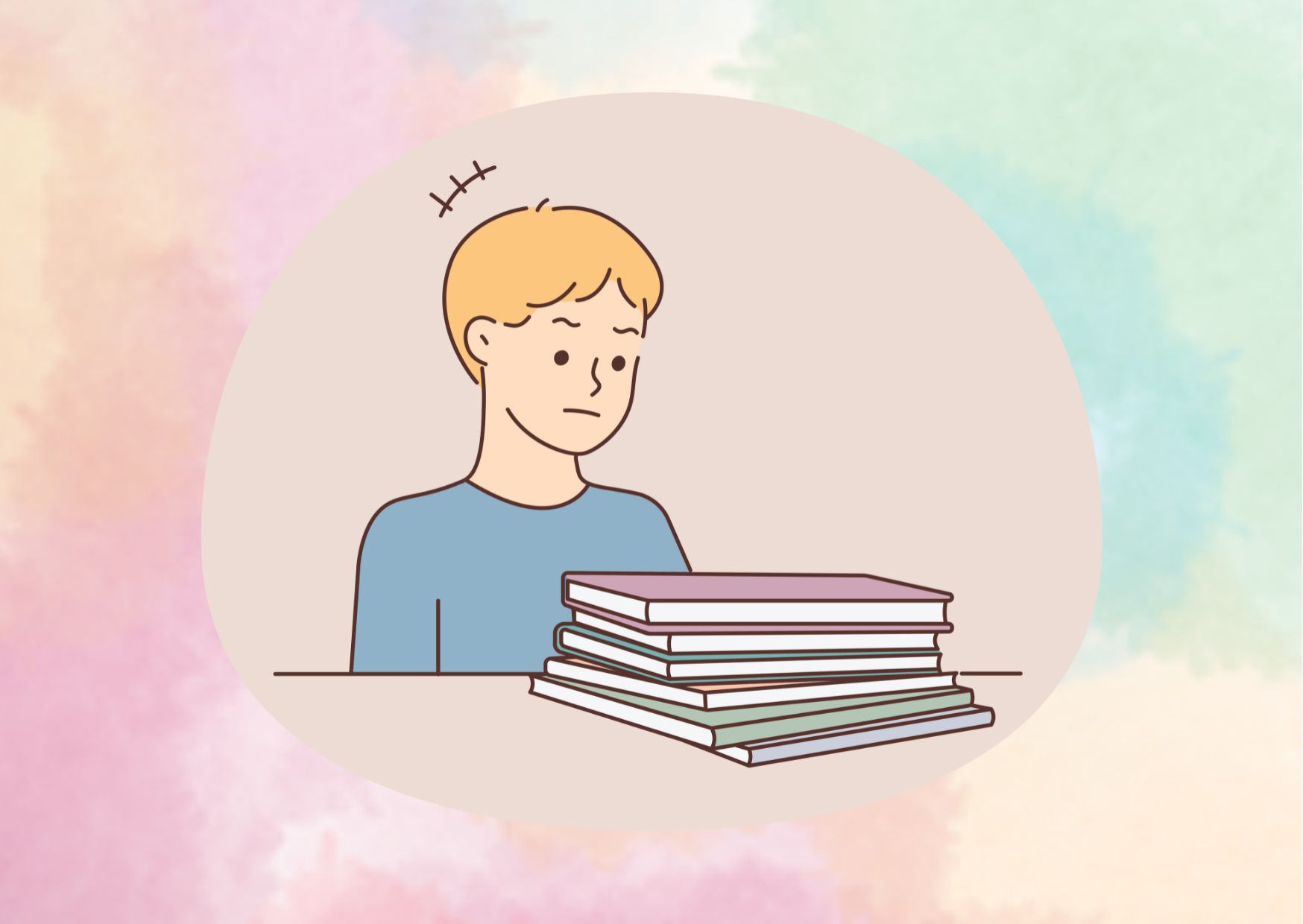Understanding Object Permanence and ADHD: Unraveling the Connection
Table of Contents
- Introduction
- What is Object Permanence?
-
- Developmental Milestone
- Neurotypical Understanding
- ADHD and Object Permanence Issues
-
- Memory Lapses and Distractions
- Challenges in Daily Life
- The Impact of ADHD on Relationships
-
- Forgetfulness and Neglect
- Emotional Bonds and Communication
- Strategies for Navigating Object Permanence Challenges with ADHD
-
- Visual Cues and Reminders
- Establishing Routines and Systems
- Seeking Professional Support
- Conclusion
- Frequently Asked Questions (FAQs)
Introduction
Living with Attention-Deficit/Hyperactivity Disorder (ADHD) can present various challenges in daily life. One aspect that deserves attention is the concept of object permanence. Object permanence refers to the understanding that objects continue to exist even when they are out of sight. In this article, we will explore the connection between object permanence and ADHD, delve into the challenges individuals with ADHD face, and provide strategies for navigating these difficulties.
What is Object Permanence?
Developmental Milestone
Object permanence is a developmental milestone that typically occurs during the toddler years. It is when a child begins to comprehend that objects still exist even when they cannot be seen. For example, if you were to step behind a door, a child who has developed object permanence would come and look behind the door because they know you are still there. This milestone signifies a significant cognitive shift in understanding the world around them.
Neurotypical Understanding
For neurotypical individuals, object permanence becomes an ingrained part of their cognitive process. They intuitively know that even when an object is out of sight, it has not magically disappeared. This understanding allows them to navigate their environment and interact with objects in a consistent and predictable manner. However, for individuals with ADHD, the experience can be quite different.
ADHD and Object Permanence Issues
People with ADHD tend to struggle with object permanence in their daily lives. While they know that things still exist even when they are not right in front of them, they often find it difficult to remember or focus on those things. Distractions, time gaps, or simply not having the object within their immediate visual field can lead to struggles with memory and awareness.
Memory Lapses and Distractions
Individuals with ADHD often experience memory lapses and difficulties in remembering things without sensory cues. For example, they may forget whether they took their daily medication hours after they have taken it. This can lead to challenges in managing their routines and responsibilities. Additionally, distractions can disrupt their focus and make it harder to retain information, causing objects or tasks to slip out of their awareness.
Challenges in Daily Life
The impact of object permanence challenges can be seen in various aspects of daily life for individuals with ADHD. For instance, they may struggle with organizing their belongings and frequently misplace items. The “out of sight, out of mind” phenomenon can lead to a cluttered living space and difficulties in finding essential items when needed. This can create frustration and anxiety, as they may feel overwhelmed by the disarray and struggle to locate specific objects.
The Impact of ADHD on Relationships
Object permanence challenges not only affect individuals with ADHD but also have an impact on their relationships with others. The difficulties in maintaining focus and awareness of people and their needs can strain personal and professional connections.
